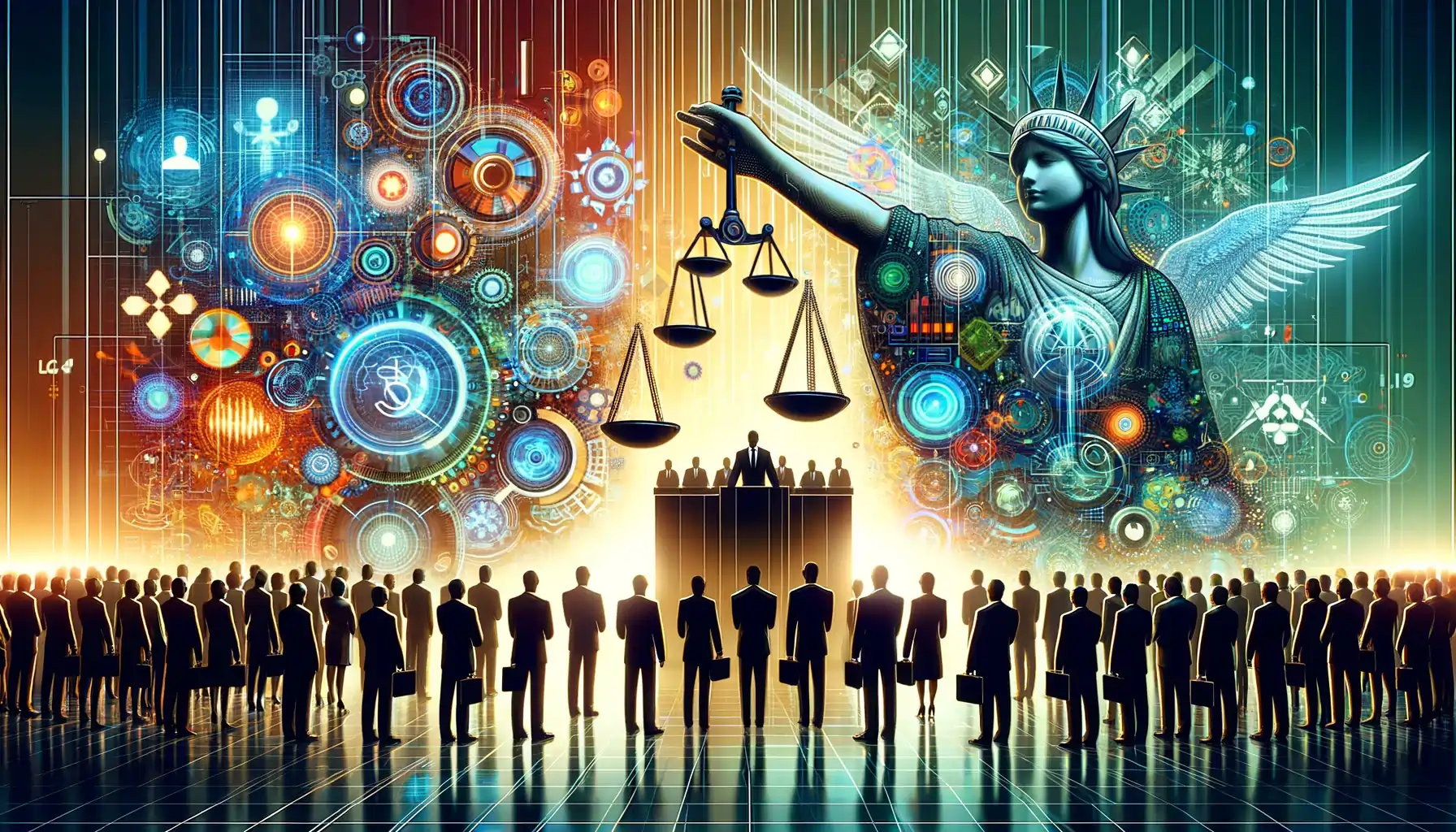The European Union (EU) has taken a monumental step in tech regulation by passing the most comprehensive legislation on Artificial Intelligence (AI) to date. Balancing innovation with ethical considerations, the EU’s AI Act signifies a pivotal moment in global AI governance.
European Union’s Push for Regulation
The EU Parliament’s unanimous endorsement of the AI Act solidifies the EU’s position as a global leader in AI standards, with overwhelming support of 523 votes. European Commissioner Thierry Breton hailed the decision, emphasizing Europe’s newfound role in shaping AI governance.
President Roberta Metsola praised the act for its innovative approach to safeguarding fundamental rights while fostering technological progress. However, Dragos Tudorache, overseeing the agreement, acknowledged the challenges of implementation despite its significance.
Striving for Ethical AI
Crafted to protect citizens while promoting innovation, the legislation aims to strike a balance between regulation and innovation. It has been in development since 2021, gaining momentum with the emergence of powerful AI models like OpenAI’s ChatGPT, backed by Microsoft.
Thierry Breton emphasized the Act’s role in positioning Europe as a global leader in trustworthy AI. Dragos Tudorache and MEP Brando Benifei emphasized the EU’s commitment to delivering on its promises promptly.
Navigating Concerns and Vigilance
Despite being hailed as a landmark achievement, the AI Act faces scrutiny over potential loopholes and industry influence. Lobbying efforts from startups and tech giants underscore the stakes involved in AI regulation.
Breton assured that the Act remains resilient against special interests, but watchdogs caution against potential weakening through corporate lobbying. Striking a balance between innovation and regulation remains crucial, with industry groups advocating for clarity and flexibility to prevent stifling innovation.
Global Implications
As the EU adopts its AI legislation, concerns arise over striking the right balance to foster innovation while safeguarding ethical principles and fundamental rights. The global demand for AI services prompts several nations to introduce regulations, highlighting the need for a coordinated approach to ensure innovation while upholding ethical standards.
The EU’s AI Act sets a precedent for AI governance worldwide, signaling a shift towards responsible AI development and regulation. With the delicate balance between innovation and regulation at stake, ongoing vigilance and adaptation will be crucial in navigating the evolving landscape of AI governance.

